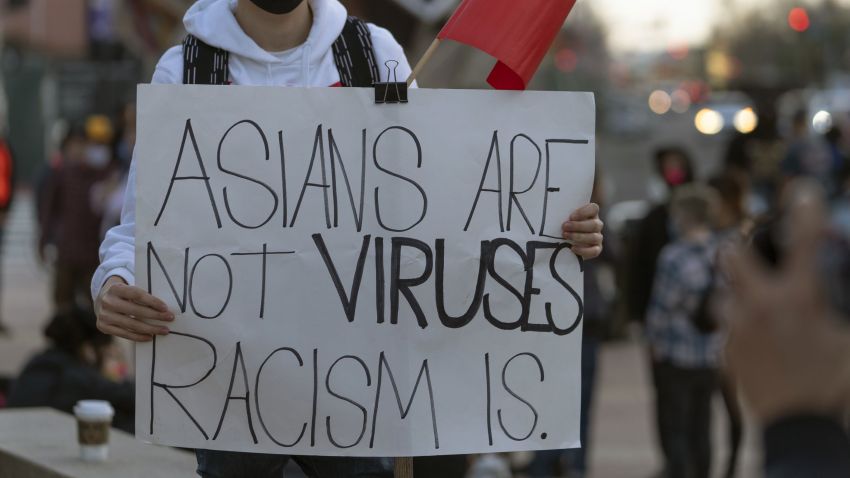Loading your audio article
Former U.S. President Donald Trump believes he has a great relationship with Chinese President Xi Jinping, whom he once called a “king” because he is “president for life.” Such vignettes from his term in office have become a staple of Trump’s rallies as he gears up for an expected bid to return to the White House in 2025.
Meanwhile, Rep. Tim Ryan, a moderate Democrat running for one of Ohio’s two seats in the Senate, ran political advertisements on Twitter that could have easily been taken from Trump’s playbook. “It’s us vs. China,” Ryan wrote, adding that “China is out-manufacturing us left and right and it’s time we fight back.”
Regardless of party or political leanings, whether oddly admirative or belligerently combative, the mention of China on the campaign trail in the U.S. is almost obligatory, and now resembles a point of consensus in the otherwise polarized country. Across the West, in fact, anti-China rhetoric seeks to boost patriotism among citizens and provide a clear framework to rally the public around.

